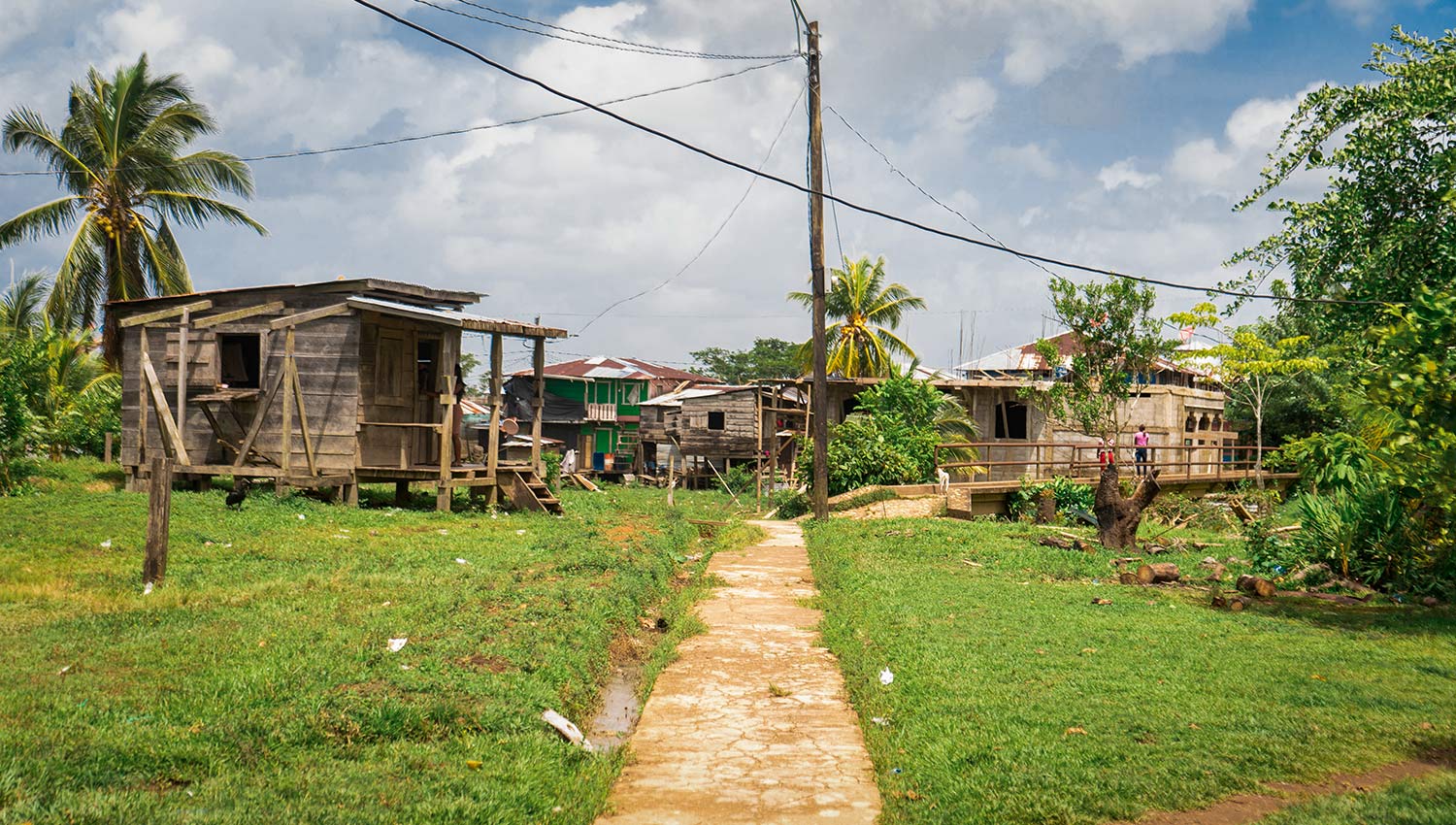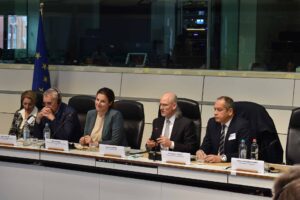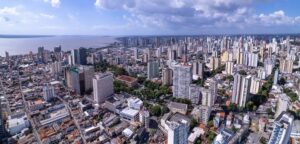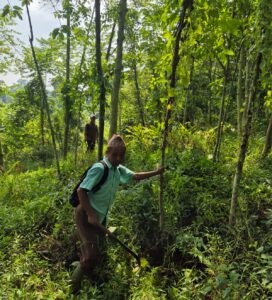Fostering the WASH and climate change nexus in the Caribbean: A climate risk-informed WASH-BAT workshop

As a result of the workshop an Action Plan was developed with nine final activities, which included:
- the creation of a capacity plan for the RACCN Water and Sanitation Committees (CAPs in Spanish) with an inclusive community approach to climate change and risk management;
- the preparation of a dissemination plan for the National Climate Change Policy, including practical activities and the exchange of experiences;
- the development of a Regional Plan for Sustainable Sanitation and Resilience to Climate Change, establishing targeting and resource allocation mechanisms;
- and the articulation of a financing plan for the operation and maintenance of WASH services in schools and health centers between the Infrastructure, Planning and Environmental Health departments, considering environmental and climate risks.
These activities were then integrated into the Bilwi’s Declaration, which was signed by ANA, with the acknowledgement of all the participants. This final Declaration is hoped to be a relevant policy instrument, which will engage other stakeholders in the development of a shared action plan for the delivery of more climate-resilient and inclusive WASH services, at both household and institutional levels.
Additionally, a short session called ‘recalibration’ was facilitated after the activities were defined on day three, to discuss ways in which actions could be made more climate resilient. Despite the strong focus on environmental risks associated with climate change throughout the workshop, it was this particular dialogue with the participants that ensured climate issues were considered in the final Action Plan.
In conclusion, climate and environmental hazards are high on the agenda in Latin America and the Caribbean, and the RACCN region in Nicaragua is no exception. By working with UNICEF and local governments, SIWI will continue to focus on this key topic by developing methods that allow context-based solutions to be applied and sustained over time in the LAC region.









